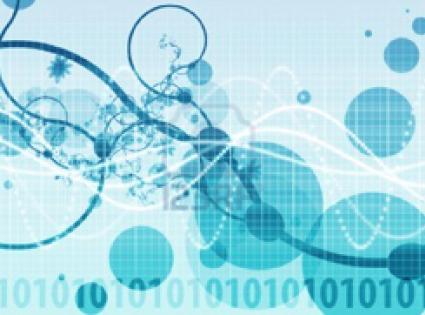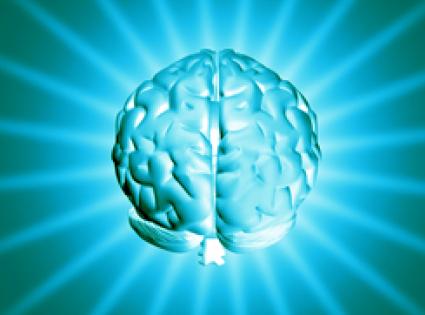Philosophy of Technology
Aims of the Course
The aim is to provide students with an understanding of the structure, dynamics and integration into society of technical systems. This is approached through the discussion of classical philosophic problems in relation to technical achievements (ontological issues), the expertise involved (epistemological issues), the assessment criteria and the moral and political consequences of technological development (axiological issues). Technical systems are presented as action systems that require operational expertise and whose assessment is carried out both through internal efficiency criteria, and through external criteria of social and moral acceptability. This means taking mechanisms regulated by society for designing and monitoring technological development seriously.
Contents
- Traditions in the study of technology: What is philosophy of technology? Humanist tradition and critique of technology. Philosophy of technology and the analytic tradition.
- What are technical systems?
- Technological knowledge.
- Culture and communication in science and technology.
Basic and Complementary Bibliography
AIBAR, E.; QUINTANILLA, M.A., (2002), Cultura tecnológica: estudios sobre ciencia, tecnología y sociedad. Horsori, Barcelona.
BASALLA, G., (1990), La evolución de la tecnología. Crítica, Madrid.
CARDWELL, D. S. L. (1996), Historia de la técnica, Alianza.
CUTCLIFFE, S.H., (2003), Ideas, máquinas y valores. Los estudios de Ciencia, Tecnología y Sociedad. Anthropos, Barcelona.
ELLUL, J., (2003), La edad de la técnica. Octaedro, Barcelona.
MARX, L.; ROE SMITH, M. (1996), Historia y determinismo tecnológico. Alianza, Madrid
MITCHAM, C., (1989)¿Qué es la filosofía de la tecnología?, Anthropos, Barcelona.
MUMFORD, L., (1977)Técnica y civilización, Alianza Editorial, Madrid
ORTEGA Y GASSET, J., (1990) [1939], Meditación de la técnica. Alianza-Revista de Occidente, Madrid
QUINTANILLA, M. A., Tecnología: Un enfoque filosófico, Y otros ensayos de filosofía de la tecnología. Fondo de Cultura Económica. Mexico 2004.
Skills
Basic skills:
BS6: To have a strong enough knowledge base to be able to innovate in the development and/or implementation of ideas, especially for research purposes.
BS7: The ability to apply the knowledge acquired and to solve problems in new or little known areas within wider (or multidisciplinary) contexts related to their field of study. The ability to integrate knowledge and deal with the complexities of forming opinions based on incomplete or limited information, including reflections on social responsibilities and ethics related to the application of their expertise and judgements.
BS9: The ability to clearly and unambiguously express conclusions,stating the knowledge and reasons behind them, to specialized and non-specialized audiences.
GS1: The ability to produce readable, detailed and technically correct documents and research work that meets the current international standards for the disciplines.
Specific skills:
SS1: The ability to identify traditional and current knowledge specific to the field of logic and philosophy of science, as well as the different trends of thought and tradition involved.
SS2: Mastery of the analytical tools provided by philosophy to facilitate the clear identification of the semantic, logical, epistemological, ontological, axiological and ethical factors the are exist in the fields of science and technology.
Teaching methodology
On-site theoretical classes for each of the topics dealt with. Structure:
- Introduction to the topic, guidelines and description of the main contents;
- Provision of complementary material to facilitate students' preparation of the subject, and guidance on the nature and contents of the main sources.
Papers, seminars and complementary activities.
Students are expected to:
- produce an individual paper, supervised by the teacher and to be later submitted for its assessment;
- attend seminars on specific topics and participate in the processes of skill acquisition, exchange of ideas and experiences, teamwork dynamics and public expression;
- analyse and discuss documents and articles on specific topics.
Tutoring sessions:
Their purpose is to monitor students' understanding of the subject matter presented and to clarify doubts and answer questions about the contents of each of the topics dealt within the course. This encourages teacher-student communication, which helps students in their learning process and in the production of papers.
Assessment
Assessment is mainly based on class participation and on the practical exercises to be done during lectures or tutoring sessions. The final degree paper will consist of the production of the final master's degree project. The weight of each of these activities on the final grade will be as follows:
- Attendance and participation in class and in tutoring sessions: 10%
- Coursework follow-up 50 %
- Final paper: 40%
Study and individual work
- Theoretical/Master classes:
- On-site: 10 hours
- Total individual work: 10 hours
- Tutoring sessions:
- Face-to-face: 15 hours
- Total individual work: 15 hours
- Course work monitoring (reading guides and/or summaries of compulsory readings; practical work or exercises):
- On-site: 12 hours
- Total individual work: 31 hours
- Final paper supervised by the teacher:
- On-site: 4 hours
- Total individual work: 28 hours
Overview:
- Total: 125 hours
- Total face-to-face and on-site: 41 hours
- Total individual work: 84 hours







